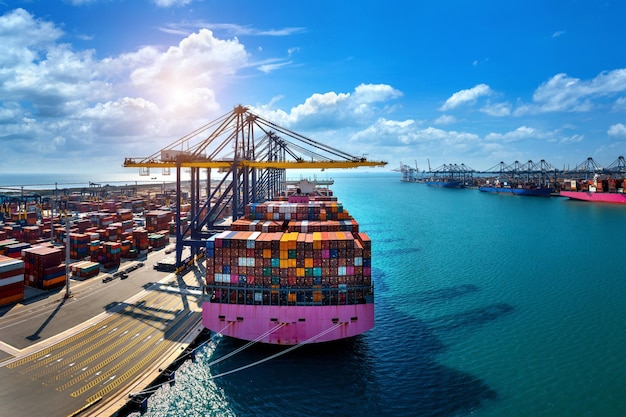- Client: Port of Rotterdam
- Implementation period: November, 2021 - February, 2022 (Completed)
- Geographic coverage: The Netherlands
- Theme: Environment
- Topic: Environment Policy
- Experts: Koen Rademaekers, Liliana Guevara Opinska, Tycho Smit, Maja Lardot, Sarah Elsaid
This study aimed at investigating the potential role of the Port of Rotterdam in the development of new circular value chains for, among others, plastics, batteries, biomass/biowaste and carbon. The objective of the study was to:
- Provide a summary of relevant legislation and the issues that influence secondary feedstocks.
- Identify secondary feedstocks where international trade is most important, and potential still exists.
- Investigate the current policy gaps and required policy amendments to facilitate feedstock movement. Explore the role of industry as one of the important stakeholders.
- Develop a roadmap of legislation and potential policy routes from key streams and policies.
- Analysis of market forces, dynamics in other comparable commodities and streams of recyclate.
